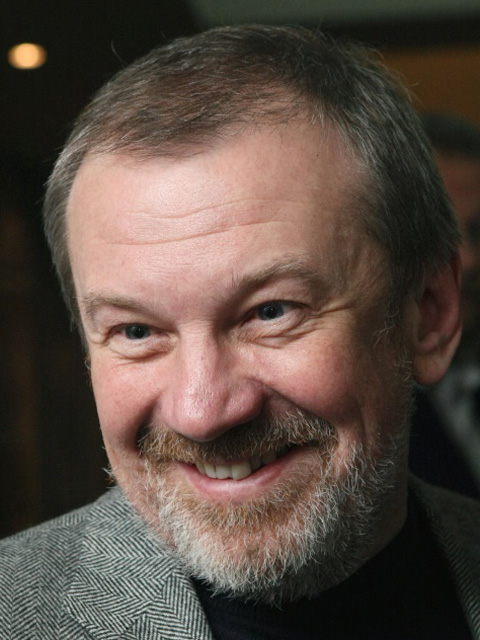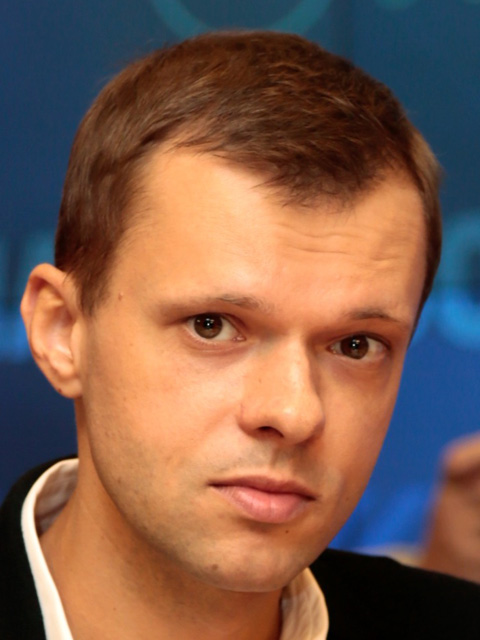The Right to Privacy in the World of Big Data
Maintaining a private life is a fundamental human right providing for, among other things, the inviolability of the domain of life that lies beyond the interests of the public and the state. As soon as individuals join a social network, sign a user agreement, make public posts, or simply download applications to their phones, they are knowingly or unknowingly deprived of that right. Their opinions and any information about them become publicly accessible, and they become a kind of human media, liable to the laws regulating media. This digital alter ego, initially a manifestation of freedom of expression, makes real users vulnerable to manipulation by service providers, the state, and fraudsters. How can the state, business and society solve this problem? What conflicts does it create in different countries and regions? There are various approaches: China has a radical solution to these problems in the interests of the state, the USA prioritizes business, while European lawmakers are attempting to strike a balance between state and private interests. In theory, the same laws that apply offline should apply here, but networks are a cross-border phenomenon. How can the rights that function in the digital space be determined? Could international agreements such as the Outer Space Treaty, the Antarctic Treaty, and the law of the sea serve as a model? Or do ethical and legal standards differ so greatly between nations that international agreements are impractical? What do network sovereignty and digital rights mean? Do the limits of a private life need to be redefined in the new context, or have they remained unchanged? How can compliance with legal and ethical standards on social media be regulated, and is this desirable? Should offline laws be transferred to the online space? Is it possible to properly combine the self-regulation of networks with state regulation?
Moderator
Andrei Bystritskiy,
Сhairman of the Board of the Foundation for Development and Support of the Valdai Discussion Club
Panellists
Igor Ashmanov,
General Director, Kribrum; Managing Partner, Ashmanov and Partners
Christopher Gerry,
Associate Professor of Russian and Eurasian Political Economy, Dean, St Antony's College University of Oxford; Professor, Visiting Lecturer, Saint-Petersburg School of Social Sciences and Area Studies HSE (online)
Roman Maksimov,
Chief Executive Officer, Rutube
Tatyana Matveeva,
Chief, Presidential Directorate for the Development of Information and Communication Technology and Communication Infrastructure
Sergei Plugotarenko,
Director, Russian Association for Electronic Communications (RAEC)
Igor Pototsky,
Chairman of the Committee on Entrepreneurship in the Field of Media Communications, Chamber of Commerce and Industry of the Russian Federation; General Director, STP Sales House
Mikhail Fedotov,
Director, "UNESCO Chair in Copyright, Related, Cultural and Information Rights" International Scientific and Educational Center
Front row participant
Savva Shipov,
Deputy General Director - Director for Digital Transformation, URALCHEM










